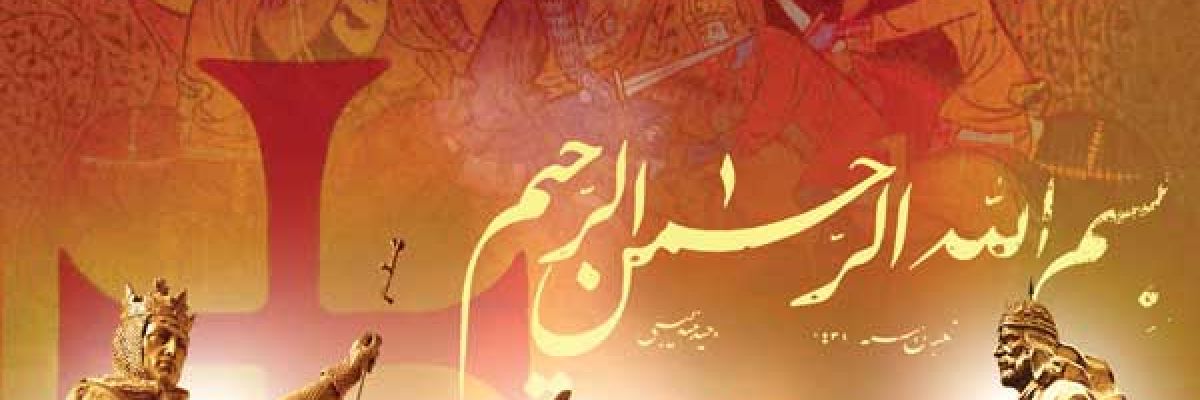
San Diego, CA—Oct., 24, 2014— In a controversial new book, historian Steve Weidenkopf challenges the widespread notion that the Crusades were barbaric wars of greed and religious intolerance. The Glory of the Crusades replaces such persistent modern biases with a more factual and nuanced—yet no less compelling—vision of Christendom’s 600-year struggle to reclaim the Holy Land.
“Most people’s impression of the Crusades is fostered by Hollywood movies and documentaries on TV,” says Weidenkopf. “But such presentations of the Crusades are greatly misleading, because Hollywood and TV rely on an outdated anti-Catholic narrative.”
That narrative dates back to the Reformation, he says, when Martin Luther helped spread lies and exaggerations about the Crusades “because he saw them as an outgrowth of the Catholic Church’s authority and power.” Later, Enlightenment authors such as Voltaire and Gibbon built on such falsehoods, eventually shaping modernity’s received negative view of the Crusades. Today, the Crusades are a popular byword for all that is wrong with religion (especially Christianity), and are commonly viewed as an ancient cause of—even justification for—Muslim terrorism.
Even though today’s historians, working from the best modern scholarship, eschew this prejudice and are bringing to light an authentic understanding of the Crusades, the larger culture’s perception of the Crusades remains fixed in an anti-Catholic orientation. Weidenkopf hopes his book can bridge the gap, bringing the fruits of this scholarship to a wider audience.
About the Author:
Steve Weidenkopf is a lecturer in Church History at the Notre Dame Graduate School of Christendom College in Alexandria, Virginia. He is the creator and co-author of Epic: A Journey Through Church History and the author and presenter of The Early Church adult faith formation studies. Steve is a member of the Society for the Study of the Crusades and the Latin East—an international academic group dedicated to the field of Crusading history—and is also a Knight of the Equestrian Order of the Holy Sepulchre of Jerusalem.
For media booking information, contact Kerry Beck at kbeck@catholic.com
Read a sample chapter of The Glory of the Crusades at crusadesbook.com


